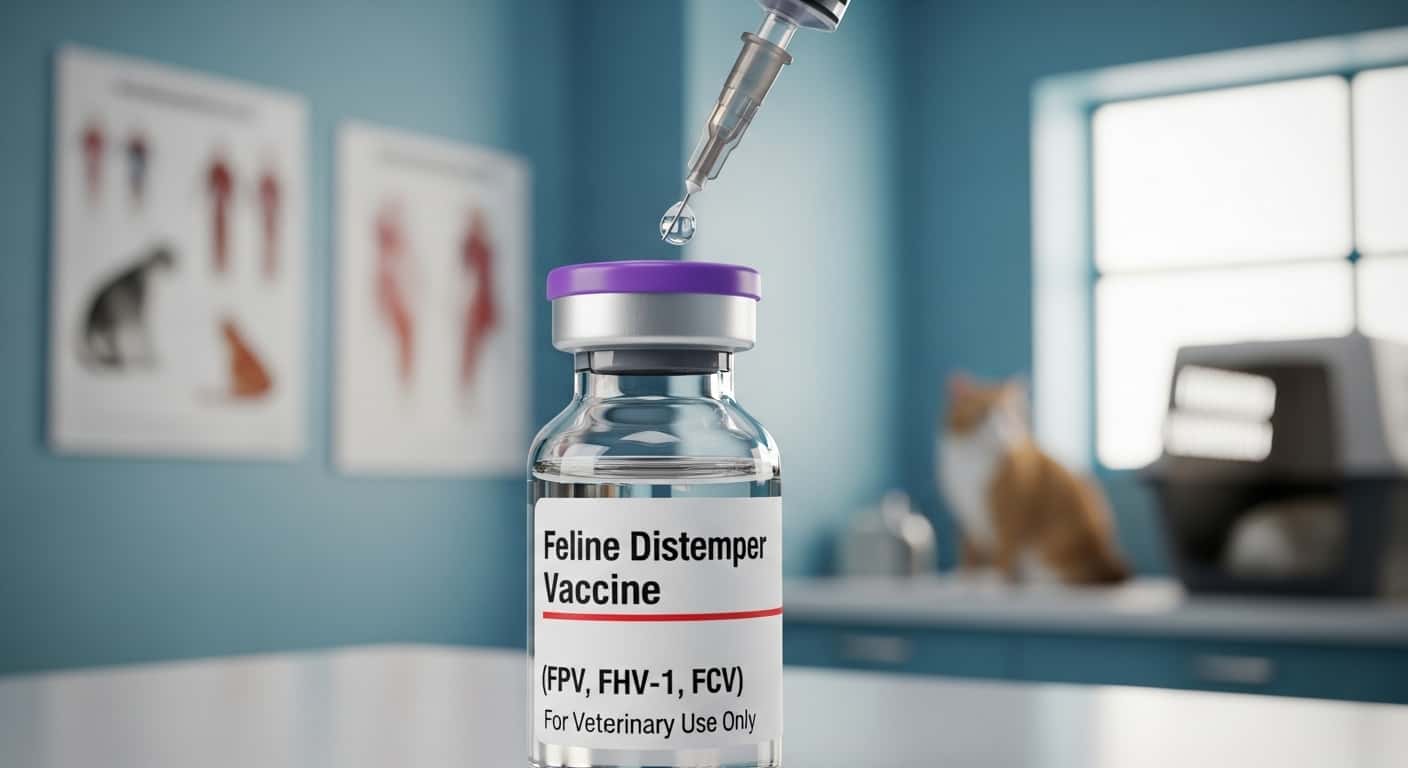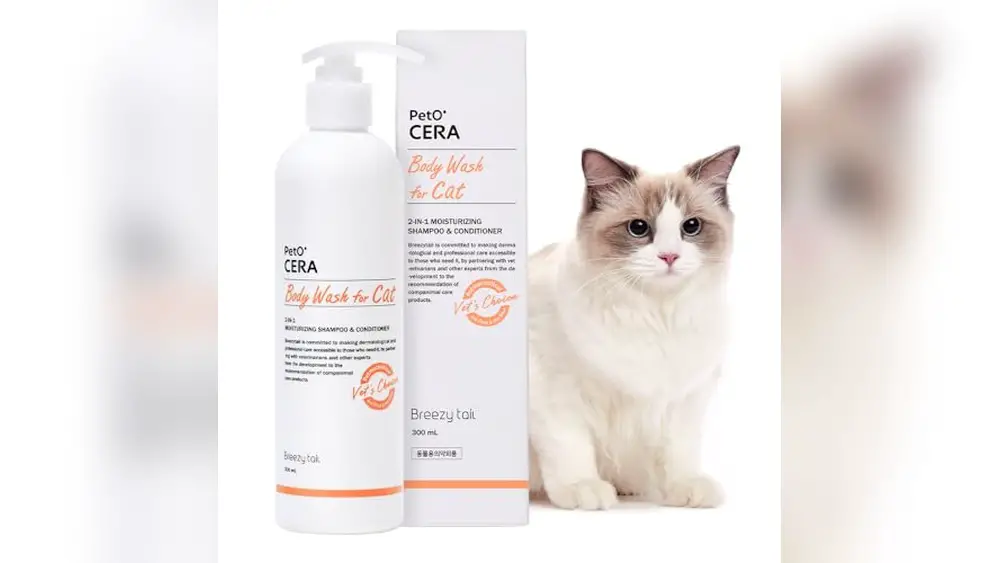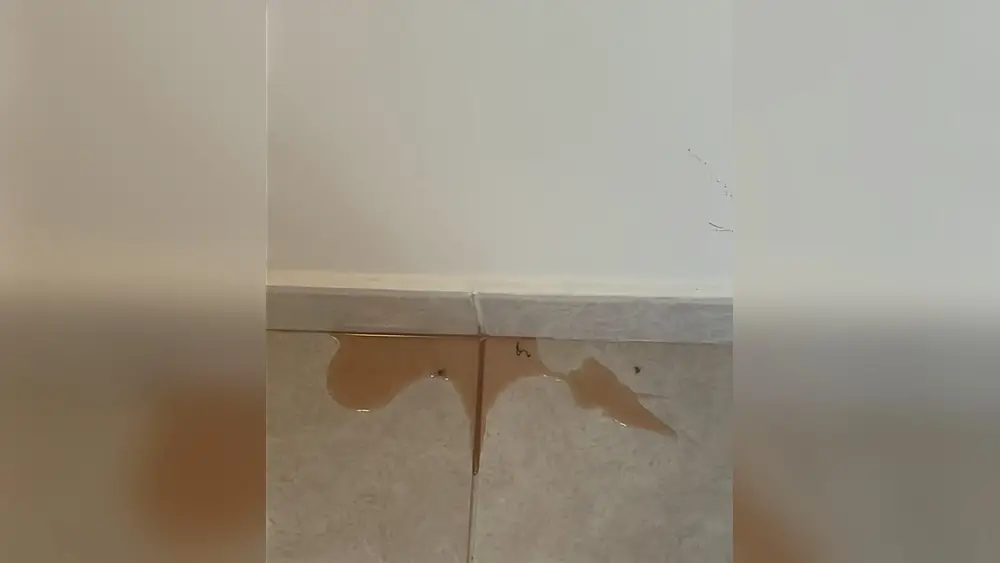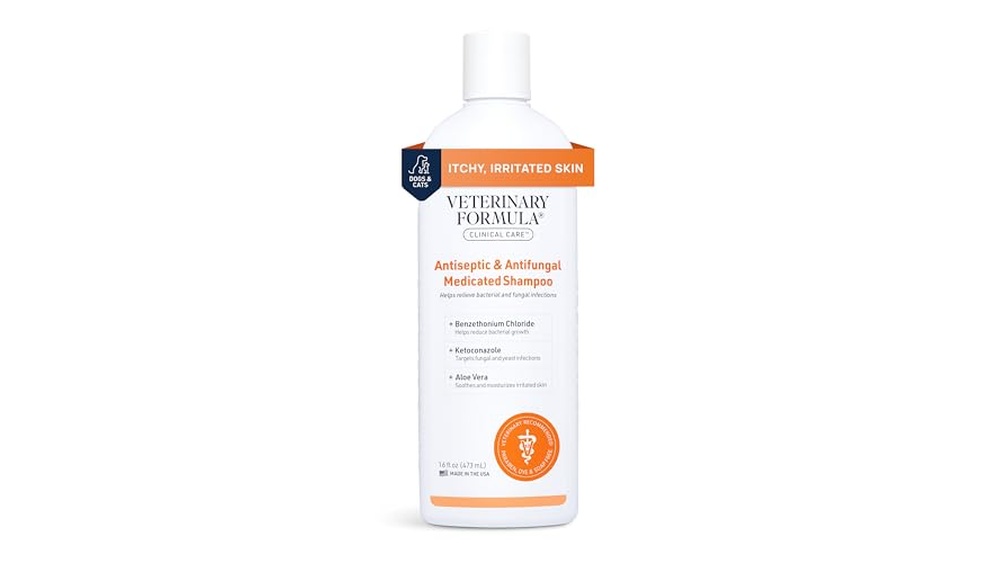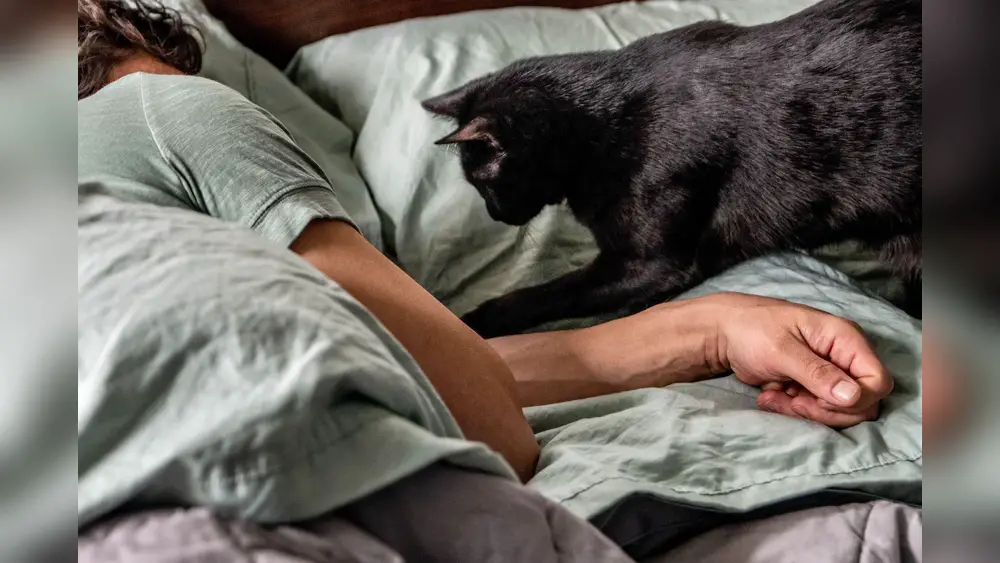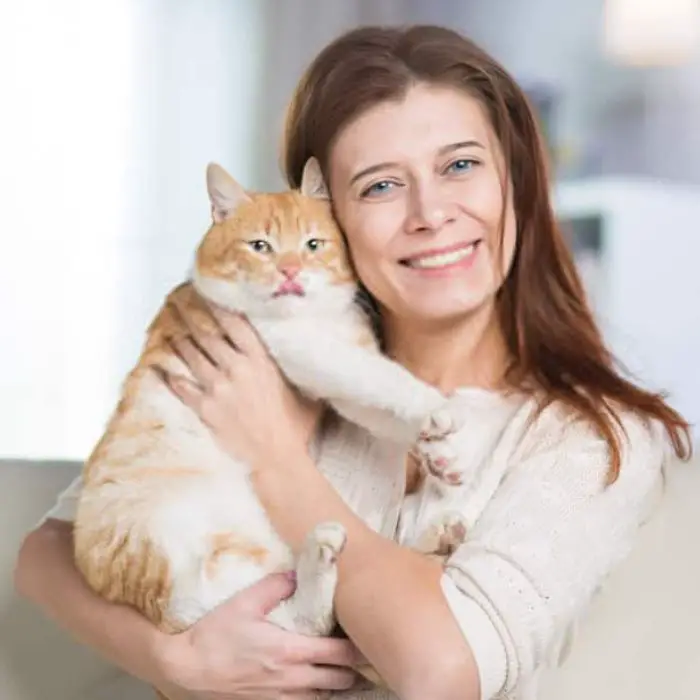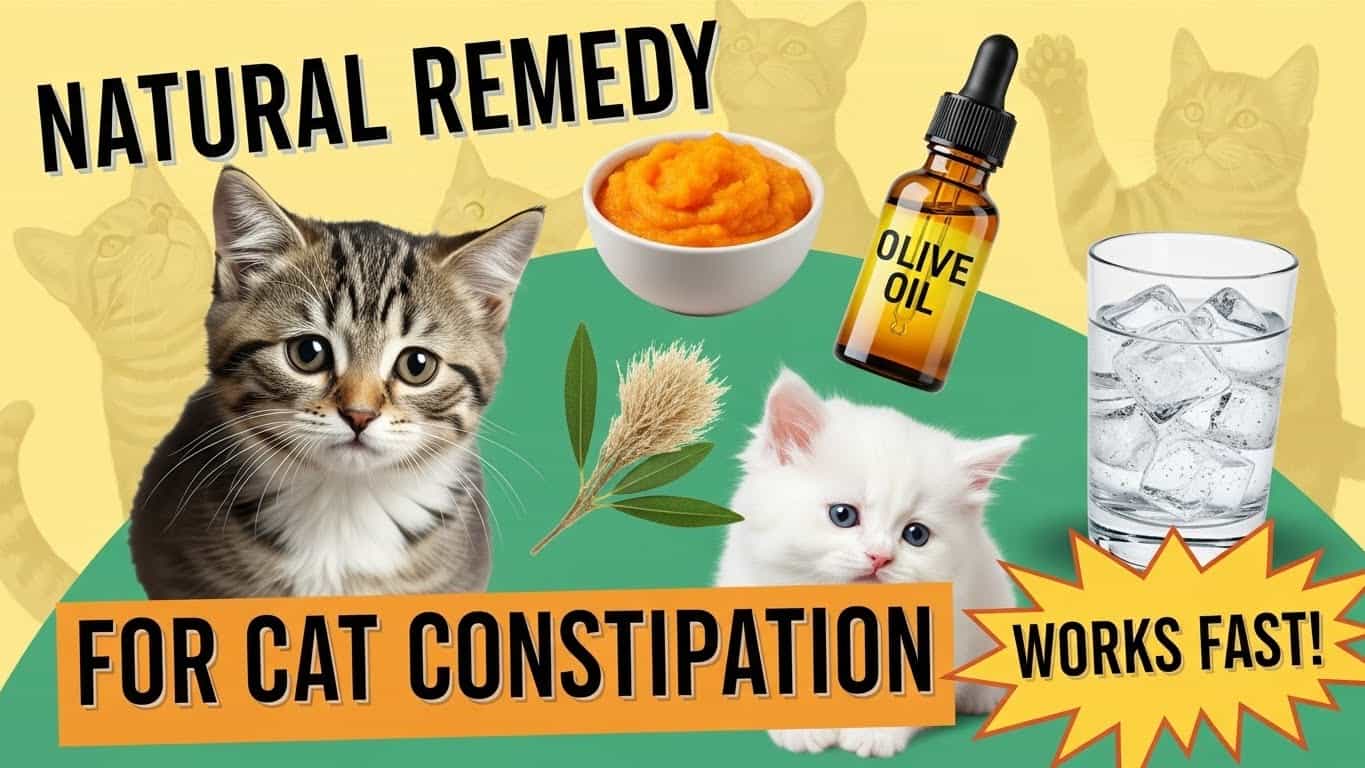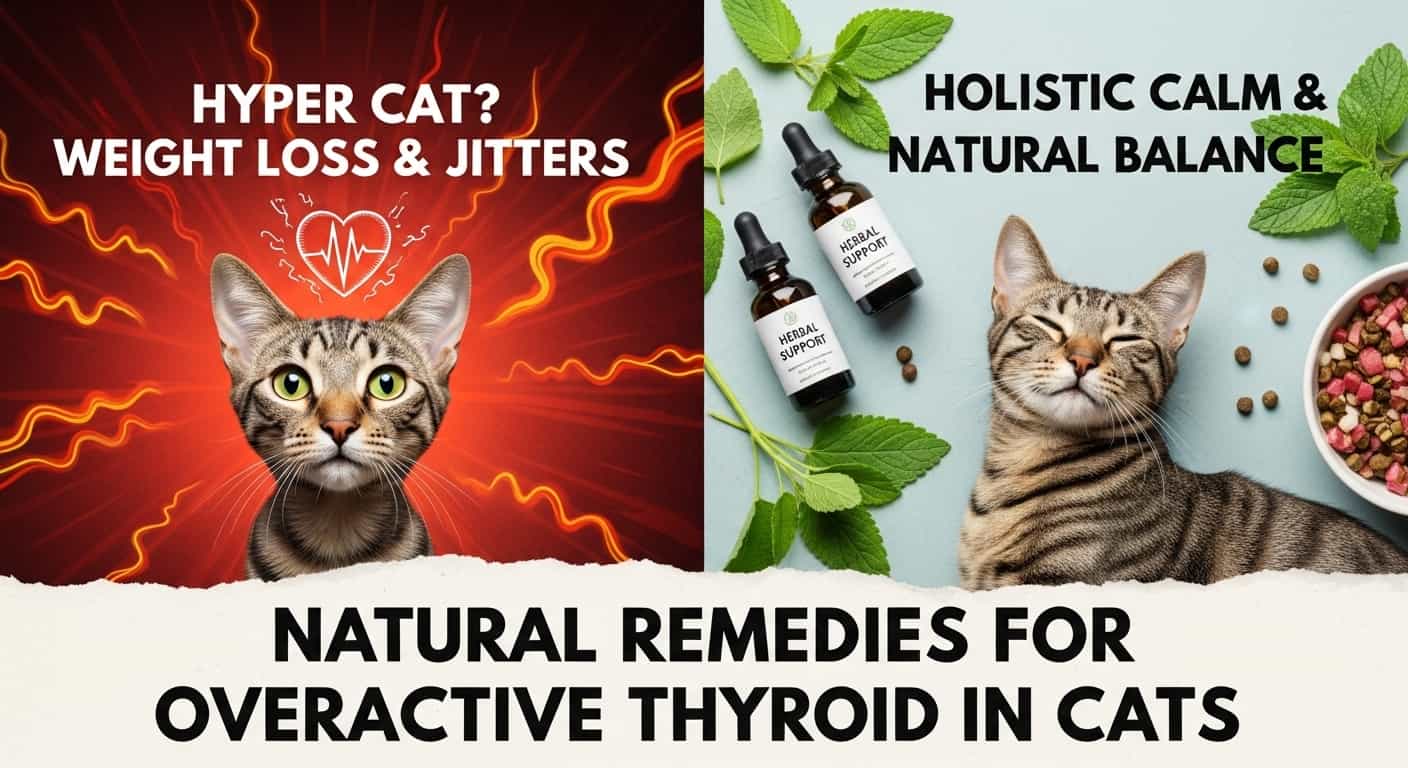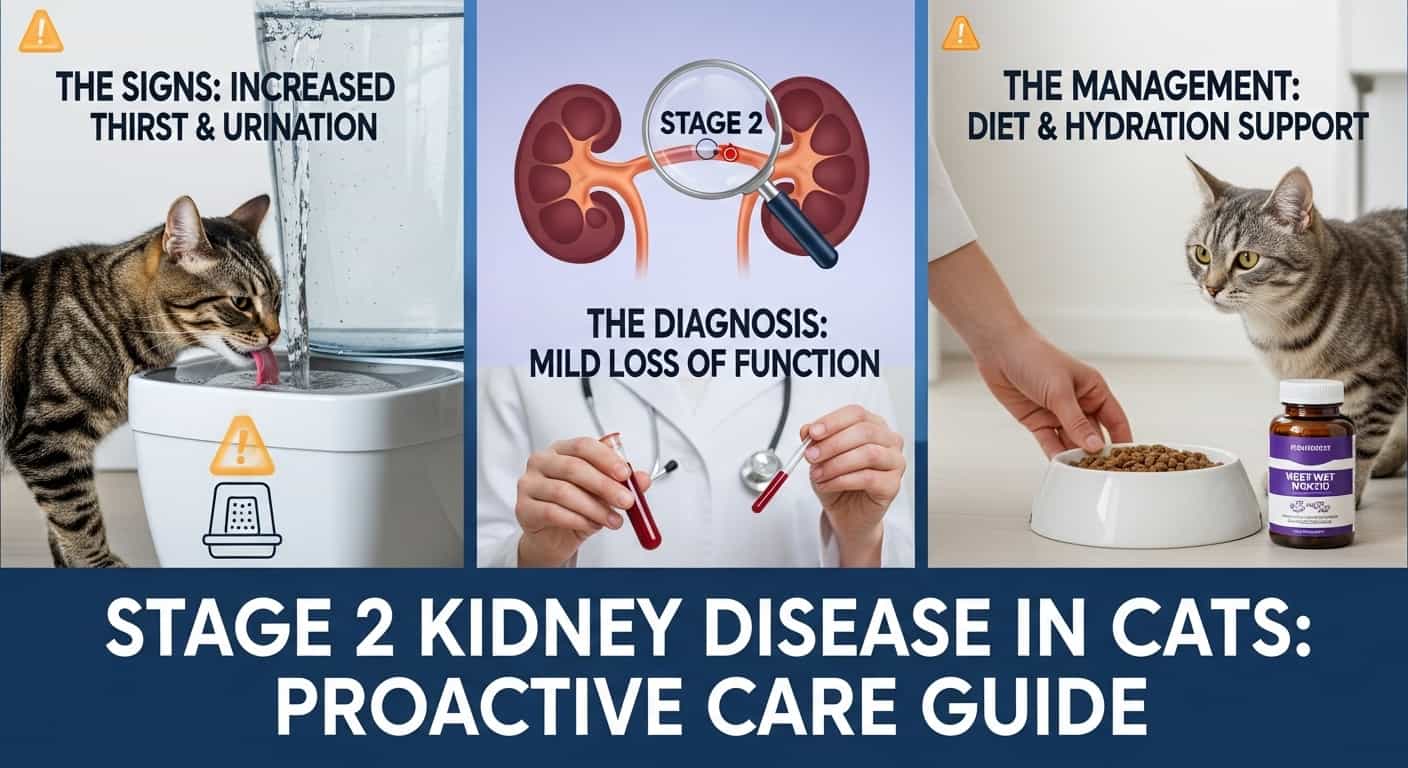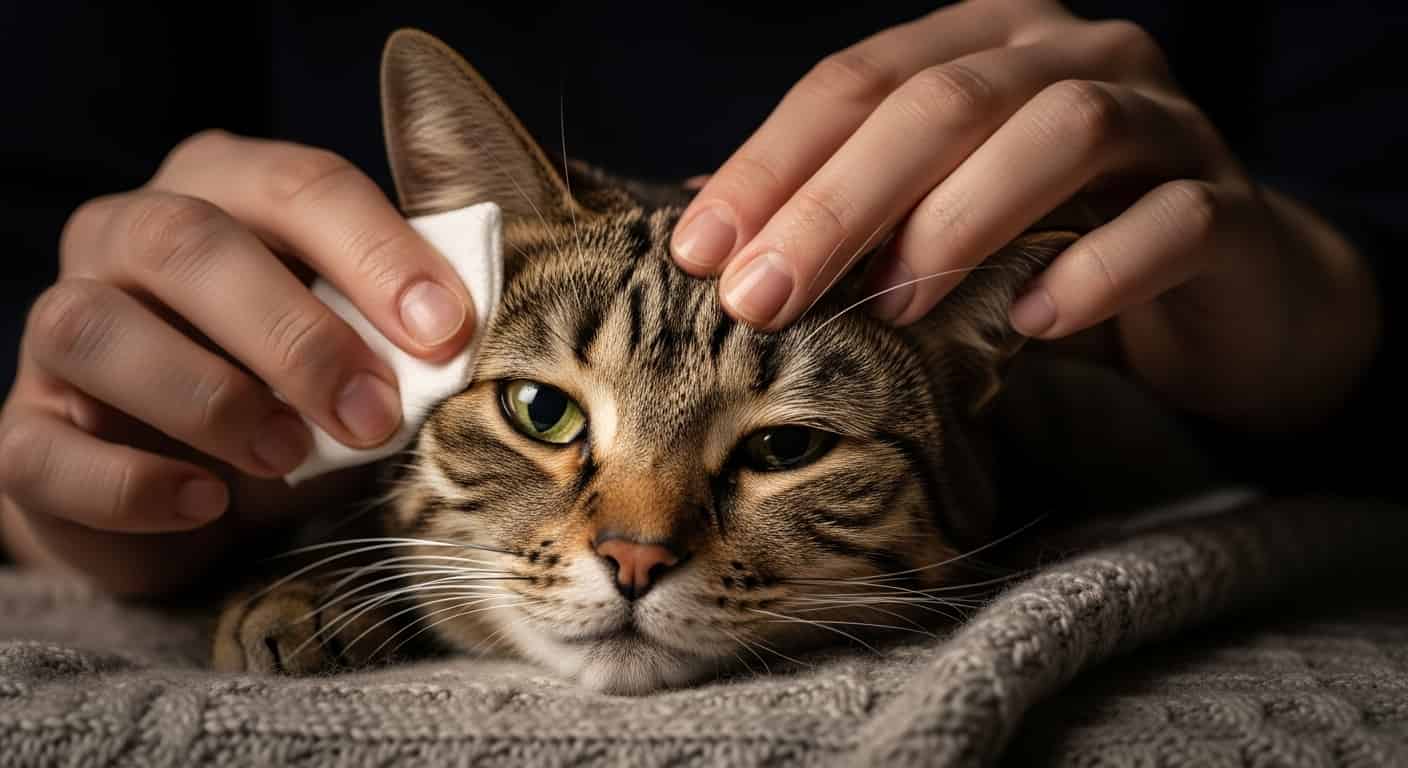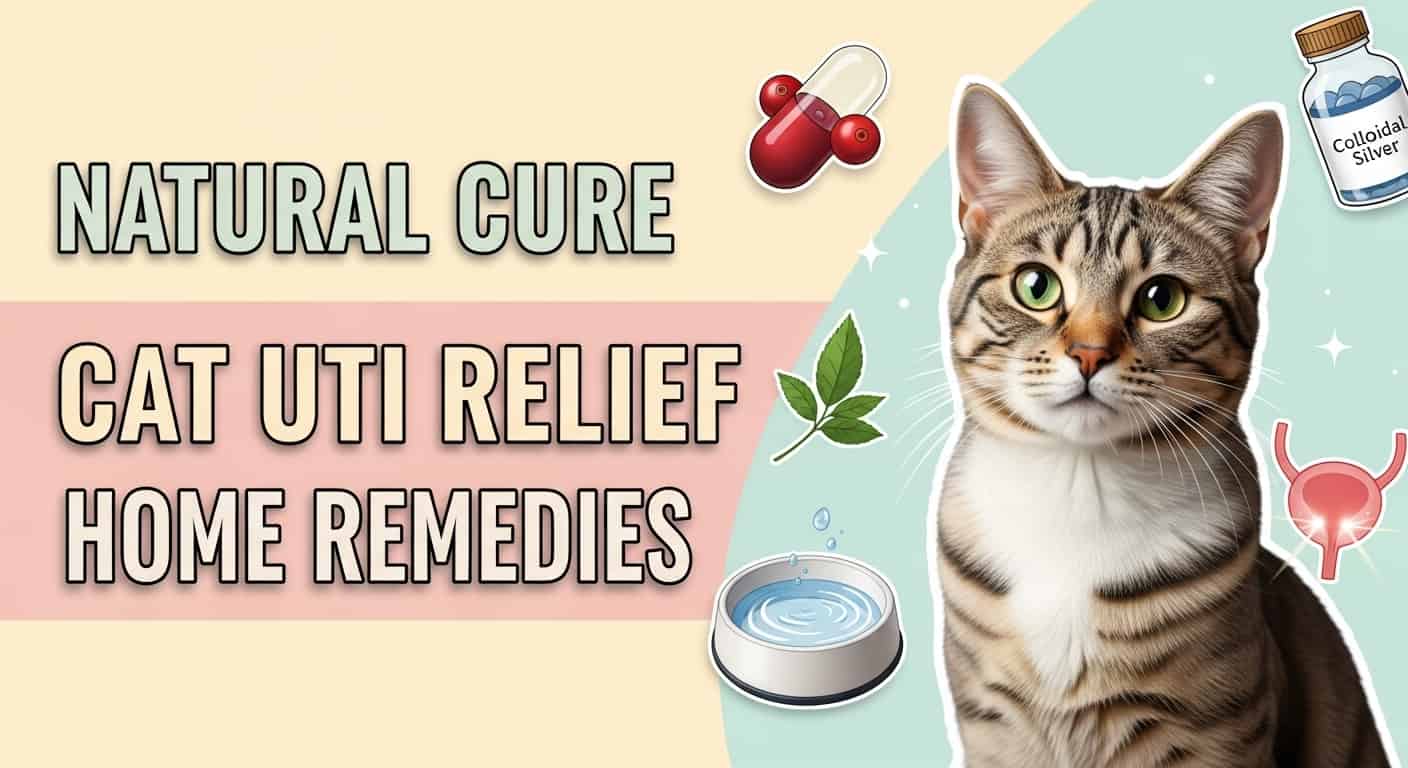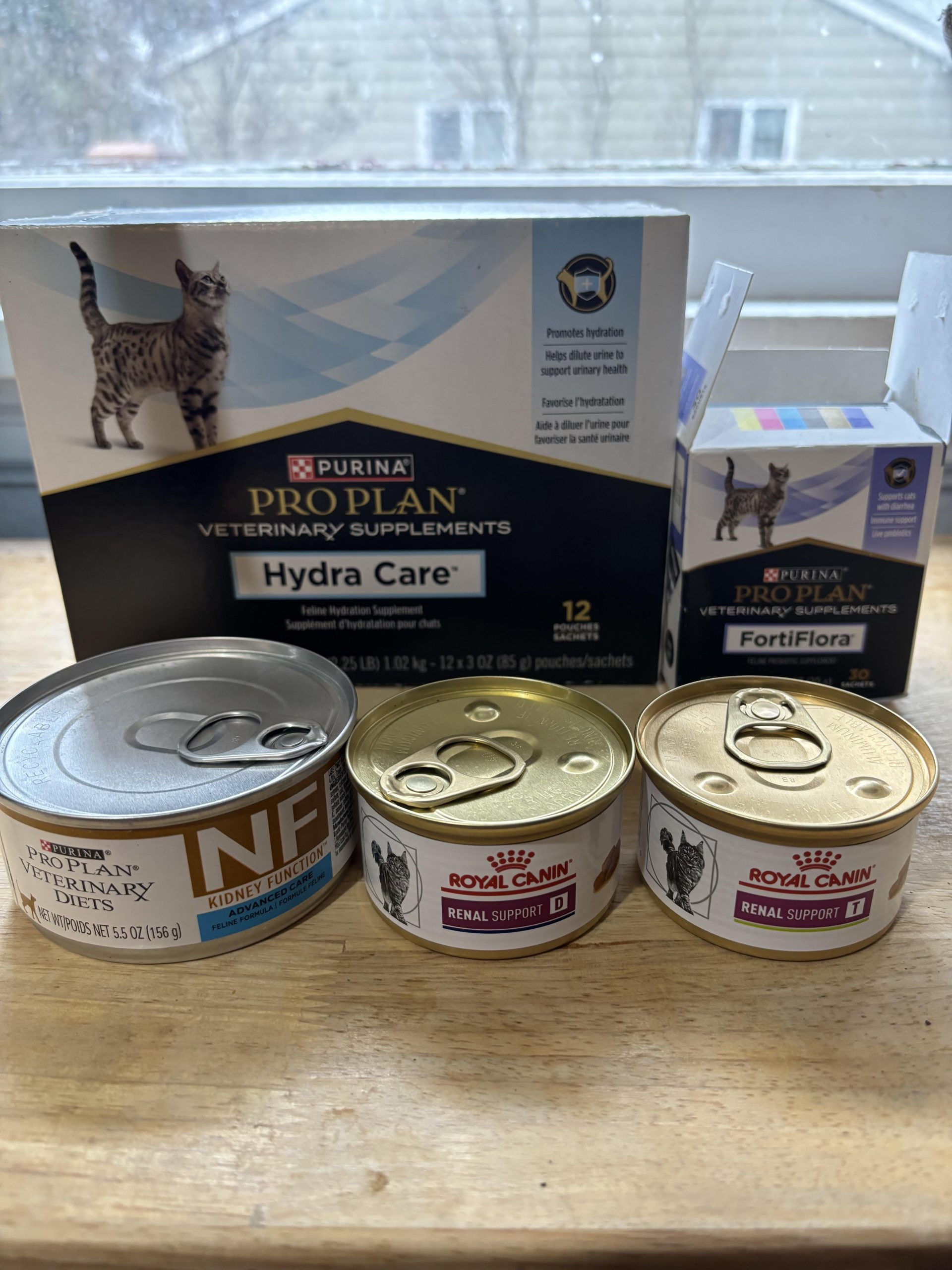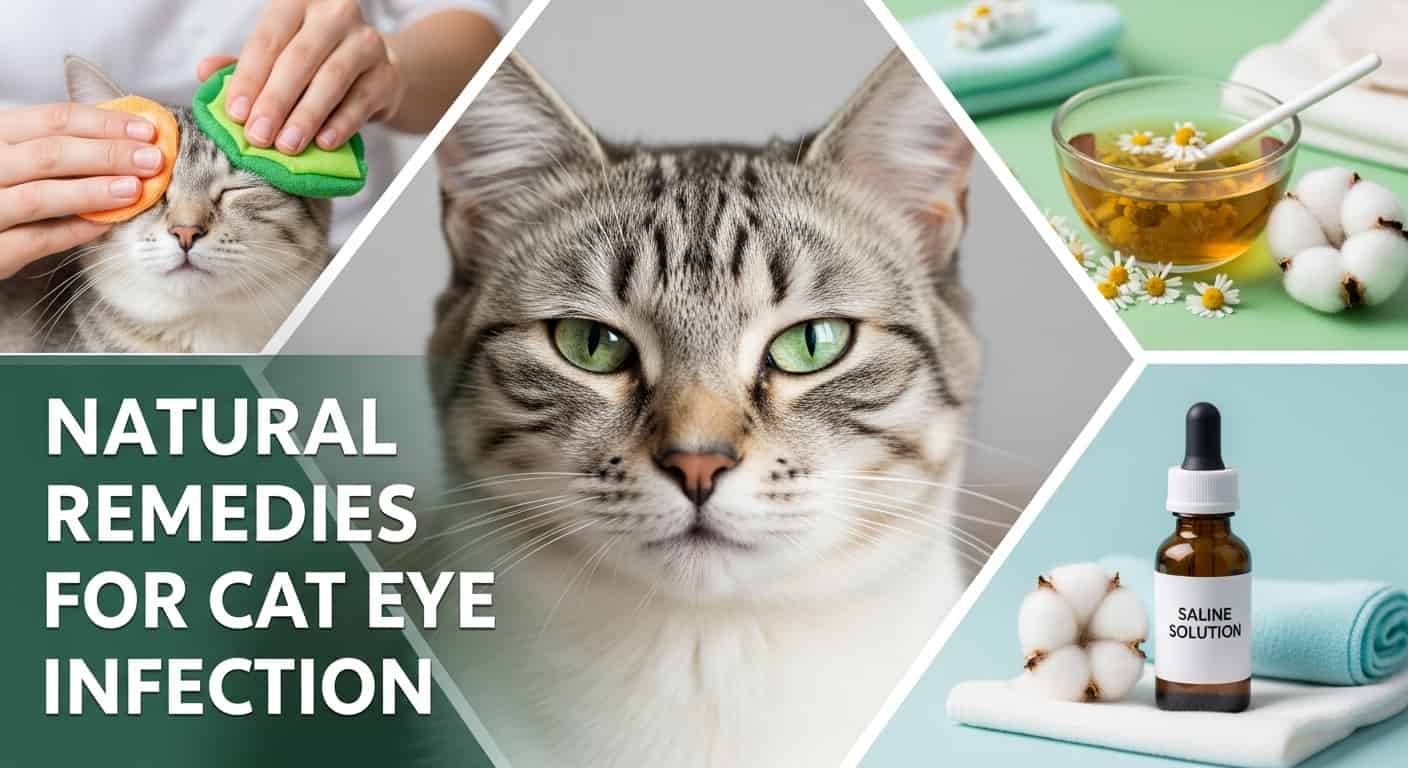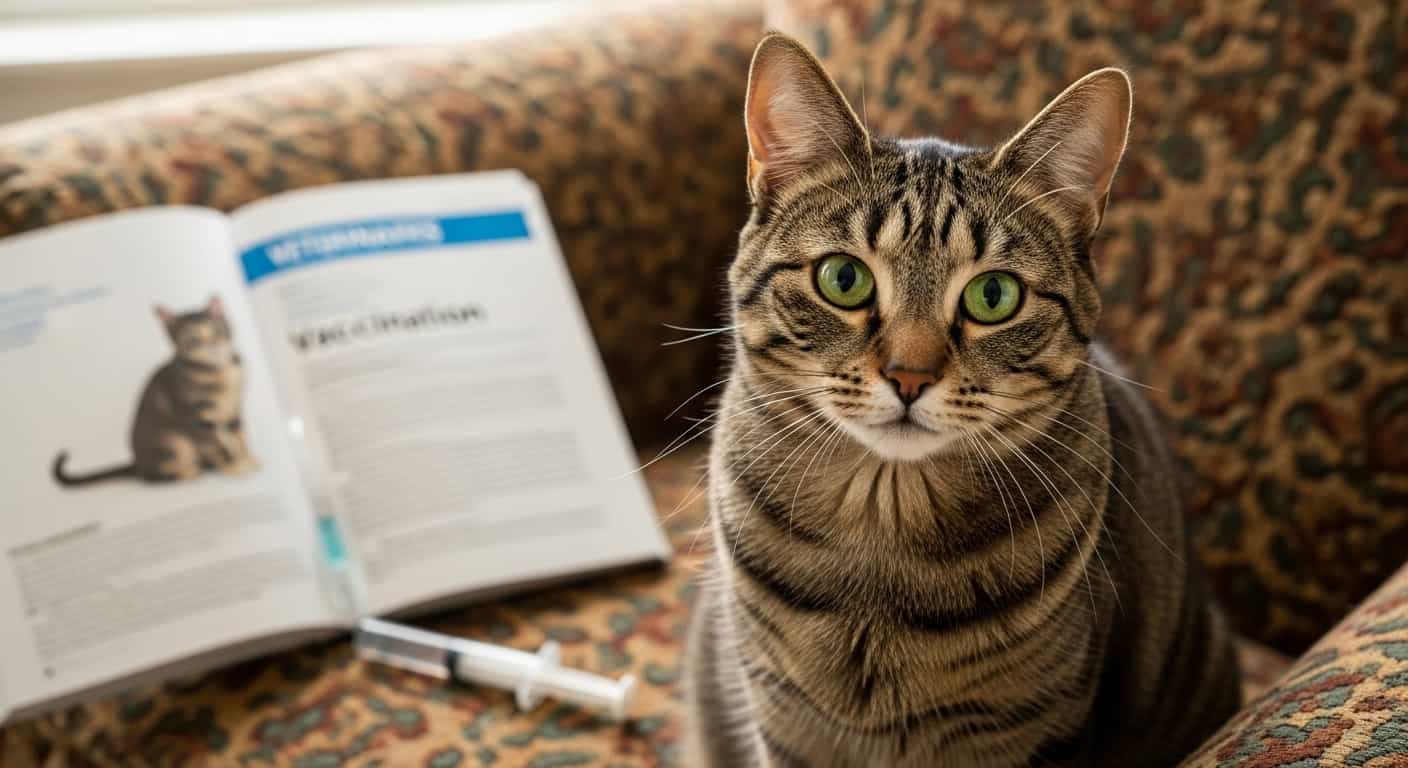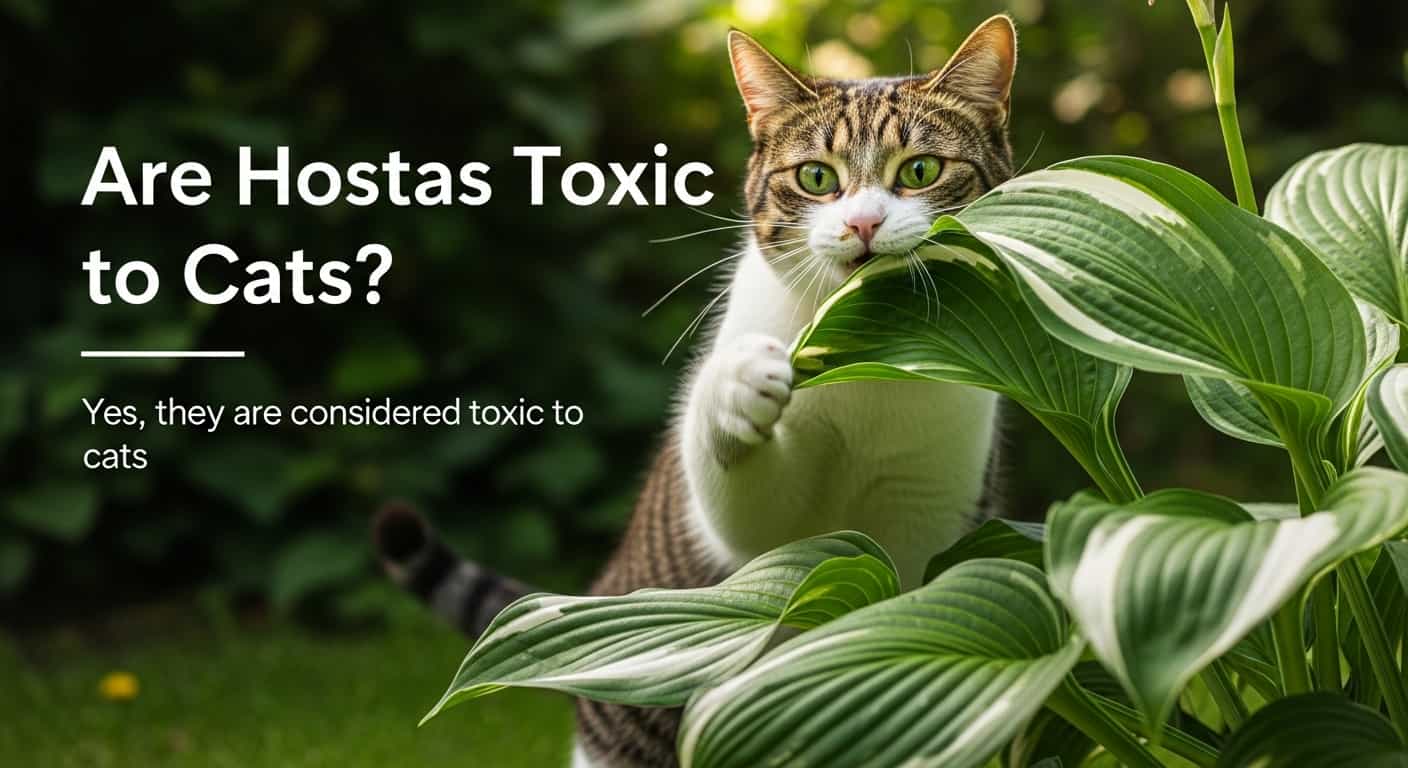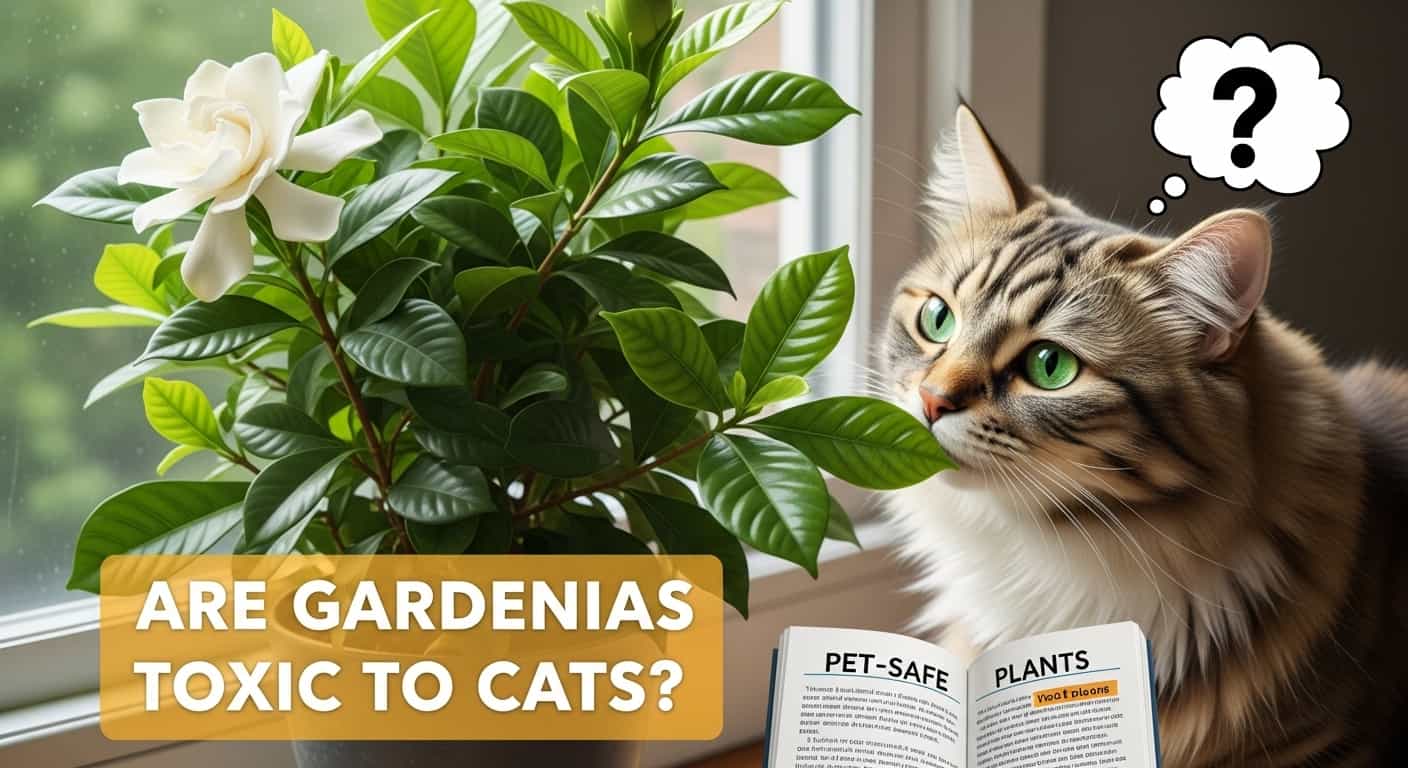Imagine the comfort of knowing your beloved feline friend is safe from harmful diseases. As a cat owner, you want to ensure your pet lives a long and healthy life.
Table of Contents
ToggleThis is where the distemper vaccine comes into play. You might be wondering, “What exactly is the distemper vaccine for cats, and why is it so important? ” By understanding this vital vaccination, you can protect your cat from potentially life-threatening illnesses.
Dive into this article to unravel the mysteries of the distemper vaccine, and discover how it can be a game-changer for your cat’s health. Your cat’s well-being is in your hands, and learning about this vaccine could be the best decision you make for your furry companion. Keep reading to uncover all you need to know about safeguarding your cat against distemper.
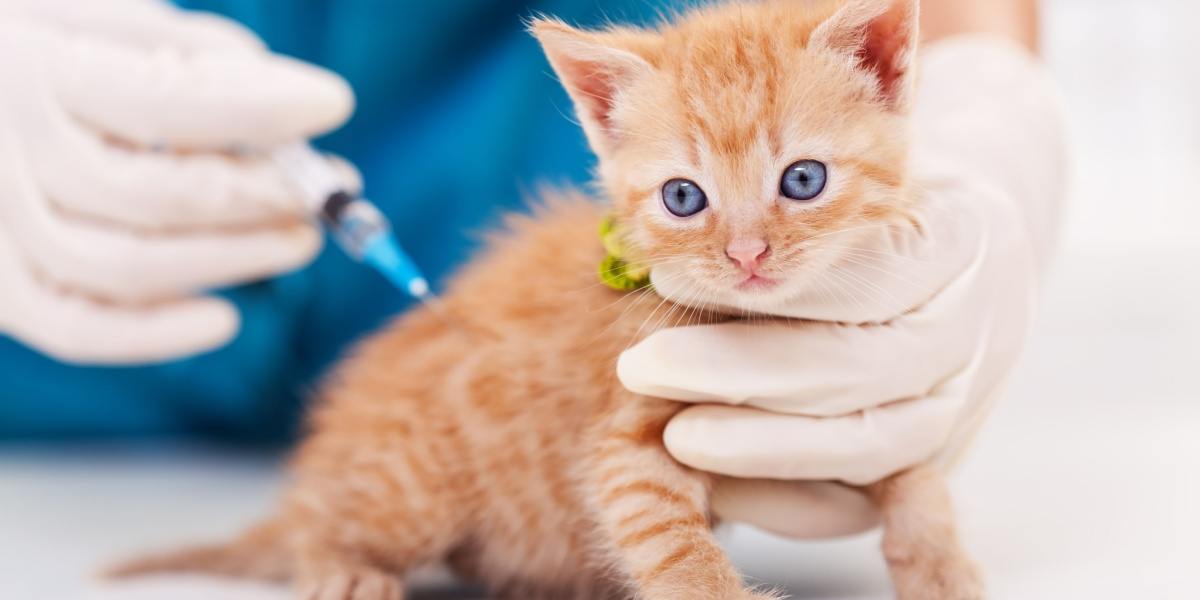
Credit: cats.com
Distemper Vaccine Basics
The distemper vaccine protects cats from a contagious and deadly virus. It strengthens their immune system. Regular vaccination ensures your cat stays healthy and safe.
Distemper Vaccine Basics Caring for your cat’s health is a top priority, and vaccinations are a crucial part of that care. One of the most important vaccines you should know about is the distemper vaccine. It plays a vital role in safeguarding your feline friend from a potentially deadly disease. When I first got my cat, Whiskers, the vet stressed the importance of the distemper vaccine. It was eye-opening to learn how it could protect her from serious illness. But what exactly does this vaccine do, and why is it so important for your cat? Understanding the basics of the distemper vaccine can help you make informed decisions about your pet’s health. Let’s break it down.What Is Distemper?
Distemper in cats, also known as feline panleukopenia, is a highly contagious viral disease. It targets the immune system, making your cat vulnerable to other infections. Symptoms can include vomiting, diarrhea, and a severe drop in white blood cells. If left untreated, it can be fatal, especially for kittens and older cats. Have you ever seen a cat suffer from distemper? It’s heartbreaking, and prevention is far better than cure. Vaccination is the best way to protect your feline companion from this dangerous disease.Here's a related post that you might find useful. What Vaccines Do Indoor Cats Need: Essential Guide
Vaccine Composition
The distemper vaccine is often a part of a combination vaccine, which means it protects against multiple diseases. This is usually referred to as the FVRCP vaccine. The FVRCP vaccine covers feline viral rhinotracheitis, calicivirus, and panleukopenia (distemper). It’s a convenient way to shield your cat from several threats in one shot. Wondering what’s in the vaccine? It contains inactivated viruses or modified live viruses that help your cat’s immune system recognize and fight the real virus. This process builds immunity without causing the disease itself. The thought of your cat being exposed to any virus might sound scary, but remember, it’s a controlled exposure. The benefits far outweigh the risks, ensuring your cat leads a healthy, happy life. Have you vaccinated your cat recently? If not, it might be time to schedule a vet visit to discuss your cat’s vaccination needs. Your pet’s health is worth it, wouldn’t you agree?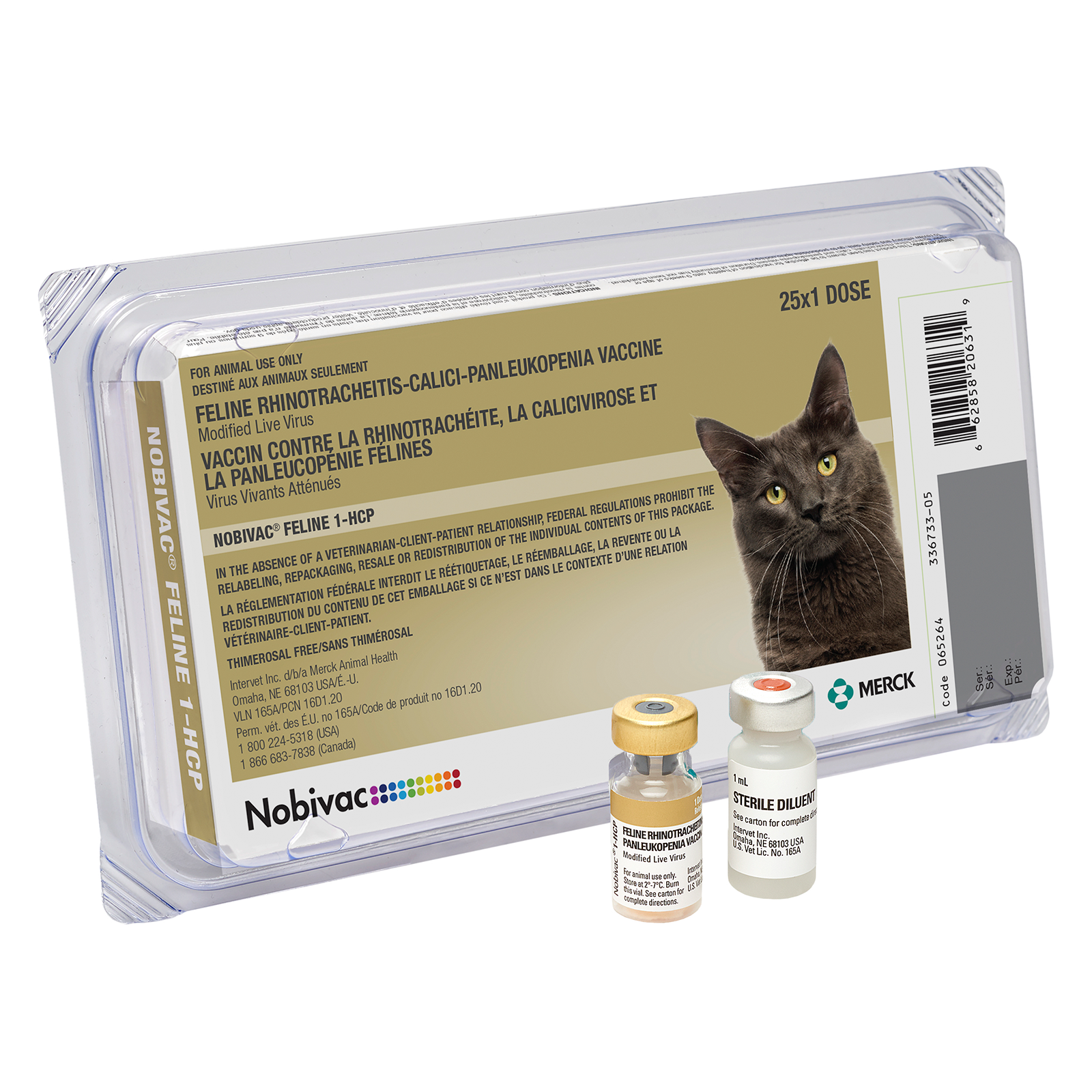
Credit: www.merck-animal-health-usa.com
Importance Of Vaccination
Distemper vaccine for cats prevents dangerous viral infections. It boosts immunity, safeguarding against feline distemper and related diseases. Essential for maintaining cat health and preventing outbreaks.
Vaccinating your cat is a crucial step in ensuring their health and well-being. The distemper vaccine, specifically, is an essential tool in protecting your feline friend from serious illnesses. But why is it so important? Let’s explore the significance of vaccination.Protection Against Disease
Vaccines are your cat’s shield against diseases. The distemper vaccine helps protect against feline panleukopenia, a highly contagious and potentially deadly virus. It can cause severe vomiting, diarrhea, and dehydration, making your cat very ill. Imagine your cat happily playing around, only to fall sick due to a preventable disease. Vaccination ensures that you can avoid such scenarios. By vaccinating, you’re not just protecting your cat but also ensuring a longer, healthier life for them.Here's a related post that you might find useful. Natural Remedy for Constipation in Cats: Effective & Safe Solutions
Preventing Outbreaks
Vaccination doesn’t just protect individual cats; it helps prevent outbreaks. When more cats are vaccinated, the spread of disease is minimized. This is vital in environments with many cats, like shelters and multi-cat households. Think about how quickly colds spread in crowded places. The same principle applies to cats and contagious diseases. By ensuring your cat is vaccinated, you’re contributing to the larger community’s health. When was the last time you checked your cat’s vaccination schedule? It’s worth a look. Keeping up with vaccinations is a small step that can lead to significant health benefits for your cat and the community.Vaccination Schedule
Understanding the vaccination schedule for your cat is crucial for maintaining their health and preventing serious diseases. Vaccines are not a one-time event; they require careful planning and timely administration. This ensures your feline friend remains protected throughout their life. Whether you’re raising a curious kitten or caring for a mature cat, knowing when to vaccinate can make all the difference. Let’s dive into the specifics of the vaccination timeline for both kittens and adult cats.
Kitten Vaccination Timeline
Kittens are naturally curious and playful, making them more susceptible to infections. As a new pet parent, you might wonder when to start vaccinations. Typically, the distemper vaccine is administered at six to eight weeks of age. This marks the beginning of their vaccination journey.
After the initial shot, boosters are given every three to four weeks until they reach 16 weeks. This schedule helps build their immunity gradually. Missing a dose can leave your kitten vulnerable, so it’s essential to stay on track.
Have you ever missed an appointment and felt the anxiety of rescheduling? It’s similar for kittens. Timely vaccinations ensure their health stays intact, just like sticking to your workout schedule keeps you fit.
Adult Cat Booster Shots
As your kitten matures into an adult cat, the vaccination routine adjusts. Adult cats need booster shots to maintain immunity. These are usually given annually or every three years, depending on your vet’s advice.
Keeping track of these boosters can be challenging. Consider setting reminders on your phone or adding them to your calendar. This proactive approach ensures your cat’s protection doesn’t lapse.
Think about your annual health check-ups. Just as you prioritize them, your cat’s boosters need the same attention. Regular boosters keep diseases at bay, making your cat’s life healthier and happier.
Have you ever wondered how a missed vaccination could impact your cat’s health? Staying diligent with their schedule can prevent unexpected health issues. Remember, each shot is a step toward a longer, healthier life for your cat.
Potential Side Effects
The distemper vaccine is vital for cat health, protecting against serious diseases. While generally safe, potential side effects can occur post-vaccination. Understanding these effects helps ensure your cat’s well-being. Let’s explore common reactions and rare complications.
Common Reactions
Most cats experience mild reactions after the distemper vaccine. These are usually temporary and not alarming. Common symptoms include slight swelling at the injection site. Your cat may seem tired or lose appetite for a day. Some cats might develop a mild fever. These signs generally resolve without intervention.
Rare Complications
Though uncommon, some cats might face rare complications. Allergic reactions can occur, causing breathing difficulties. Severe swelling or hives might appear. If these symptoms emerge, consult a vet promptly. In rare cases, cats might develop autoimmune disorders post-vaccination. Keep an eye on your cat’s health after any vaccine.
Cost And Accessibility
Distemper vaccines for cats are generally affordable and widely available at veterinary clinics. Most pet owners can access them easily, ensuring feline health without financial strain.
When considering your feline friend’s health, the distemper vaccine is essential in protecting them from deadly diseases. But how much does it cost, and where can you get it? Understanding the cost and accessibility of the distemper vaccine for cats is crucial for budgeting and ensuring your pet stays healthy. Let’s dig into the details.Price Range
The cost of the distemper vaccine can vary widely depending on several factors. Generally, you might expect to pay anywhere from $20 to $50 per shot. Some clinics offer package deals that include the distemper vaccine along with other essential vaccinations, which can be more cost-effective. Consider checking if your local animal shelter provides vaccines at a reduced cost. They often have community days aimed at making pet healthcare affordable for everyone.Availability At Clinics
Most veterinary clinics offer the distemper vaccine as part of their standard services. Call ahead to ensure your local clinic has it in stock. Mobile veterinary services are increasingly popular, providing vaccines in convenient locations, which might be perfect if you have a tight schedule. Have you ever found that getting your cat to the vet is a challenge? Some clinics offer home visit services for vaccinations, though this might be more expensive. It’s worth asking your vet about this option if your cat hates car rides. By understanding the cost and availability, you can make informed decisions about your cat’s healthcare. Is there a way you could make the vaccine more accessible to yourself and your community?Choosing The Right Vaccine
Cats need protection from diseases like distemper, which is highly contagious and can be deadly. The distemper vaccine shields cats from this virus, ensuring their health and safety. Regular vaccinations are essential for keeping your feline friend healthy and happy.
Choosing the right distemper vaccine for cats is crucial. It ensures their health and protection against serious diseases. Vaccines are not one-size-fits-all. Every cat has unique needs. Factors like age, health status, and lifestyle play a role. Understanding these can guide you in selecting the best vaccine. Consulting a vet and exploring different brands are essential steps.Vet Recommendations
Veterinarians know what’s best for your cat. They consider the cat’s age, health, and risk factors. A kitten may need a different vaccine than an older cat. Vets assess potential side effects and effectiveness. They provide guidance tailored to your cat’s needs. Listening to their advice can prevent future health issues. Trust their expertise for making informed decisions.Comparing Vaccine Brands
Different brands offer distinct benefits. Some vaccines provide broader protection. Others may focus on specific strains of distemper. Reading labels and descriptions helps in understanding each brand. Reviews from other cat owners can offer insights. Price is not the only factor to consider. Quality and effectiveness matter most. Compare brands to find the right fit for your cat. Make sure the vaccine meets health standards.Role Of Veterinarians
Veterinarians play a crucial role in pet healthcare. They ensure your cat stays healthy. They guide you on necessary vaccines. The distemper vaccine is essential for cats. It protects against dangerous diseases. A vet’s expertise is vital in this process.
Consultation Process
The consultation process begins with a vet visit. The vet examines your cat’s health. They discuss your cat’s lifestyle and environment. This helps them assess the vaccination needs. They may perform a physical exam. Sometimes, they recommend tests to check overall health.
During the consultation, vets answer your questions. They explain the benefits of vaccines. They discuss potential side effects. This helps you make informed decisions. Understanding the process eases any concerns.
Administering Vaccines
After consultation, the vet schedules the vaccination. Administering the vaccine is quick and simple. The vet prepares the vaccine dose. They ensure the injection site is clean. Then, they inject the vaccine under the skin.
Vets monitor your cat afterward. This is to ensure no adverse reactions occur. They provide guidance on post-vaccine care. Your cat might feel mild soreness. Vets advise on managing any discomfort.
Vaccinations are crucial for long-term health. Regular vet visits keep your cat protected. Trust your vet’s expertise in this important task.
Myths And Facts
The distemper vaccine protects cats from serious diseases like feline panleukopenia. Some myths suggest it’s unnecessary or unsafe. In reality, this vaccine is crucial for preventing infections that can be deadly for cats.
The distemper vaccine for cats is essential for feline health. Yet, myths and misconceptions surround its use. Some cat owners hesitate, fearing side effects or questioning its necessity. Separating fact from fiction is vital for informed decisions. Let’s explore common misconceptions and scientific evidence about the distemper vaccine.Common Misconceptions
Some believe indoor cats don’t need vaccines. This isn’t true. Cats can still be exposed through various means. Another myth suggests vaccines cause illness. In reality, side effects are rare and mild. Some think multiple vaccines overwhelm the immune system. But vaccines are designed for safety and efficacy.Scientific Evidence
Scientific studies support the distemper vaccine’s effectiveness. It protects against serious feline diseases. Research shows vaccinated cats have stronger immune responses. Vaccines prevent the spread of contagious viruses. Experts recommend regular vaccinations for all cats. This ensures long-term health and well-being.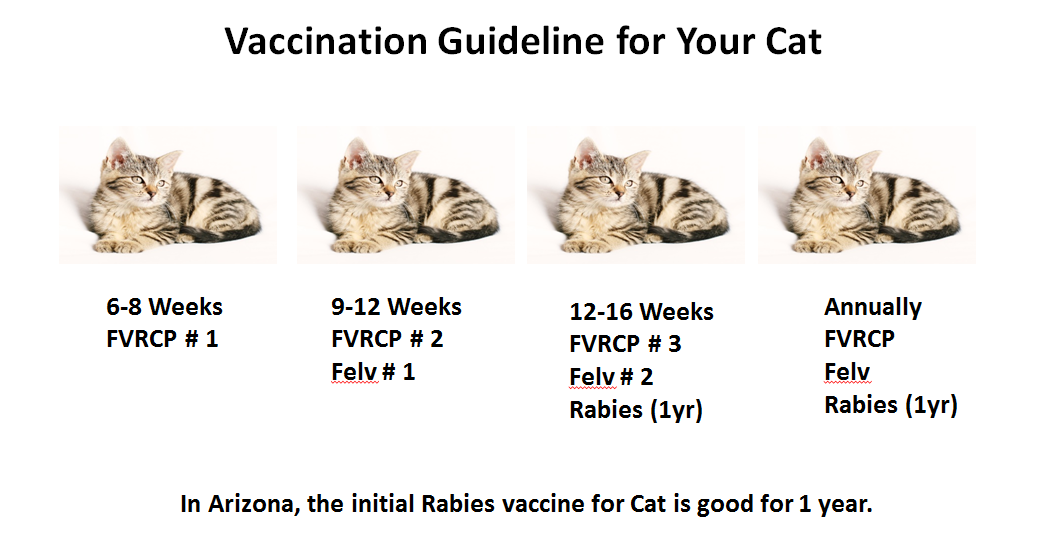
Credit: catalinaanimalhospital.com
Frequently Asked Questions
What Is The Distemper Vaccine For Cats?
The distemper vaccine protects cats from feline panleukopenia virus. This virus can cause severe digestive and immune system issues. Vaccination is crucial for kittens and adult cats. It helps prevent the spread of this highly contagious disease. Regular vaccinations ensure your cat stays healthy and safe.
How Often Should Cats Get Distemper Vaccine?
Cats should receive the distemper vaccine annually. Kittens typically start with a series of shots, followed by boosters. Adult cats need yearly vaccinations to maintain immunity. Regular vet visits will help determine the best schedule. Keeping up with vaccinations ensures your cat remains protected.
Are There Side Effects Of Distemper Vaccine?
Distemper vaccine side effects are usually mild. Common reactions include slight fever, lethargy, or swelling at the injection site. Severe reactions are rare but can occur. Always monitor your cat after vaccination. Contact your veterinarian if you notice unusual symptoms or behavior changes.
Why Is Distemper Vaccine Important For Cats?
The distemper vaccine prevents feline panleukopenia, a deadly disease. It helps protect your cat’s immune system and overall health. Vaccination reduces the risk of disease transmission. It’s essential for both indoor and outdoor cats. Regular vaccinations are a key part of responsible pet care.
Conclusion
Caring for your cat involves many responsibilities. Vaccination is a key part. The distemper vaccine protects against serious illnesses. It boosts your cat’s health and longevity. Regular vet visits ensure your cat stays healthy. Always discuss vaccination schedules with your vet.
Protect your furry friend with timely vaccinations. A healthy cat is a happy cat. Your cat’s well-being depends on your care. Vaccinations are a simple step towards a healthy life. Keep your cat safe and strong. Prioritize their health today.
This small act makes a big difference. Your cat deserves the best care possible.

